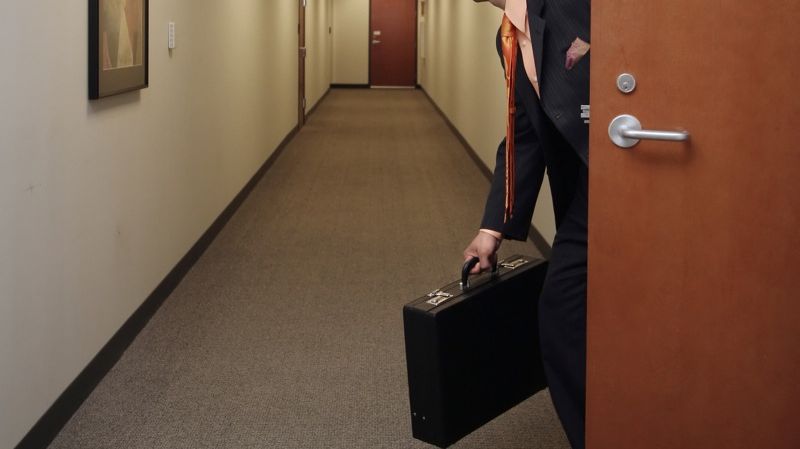Fraud Happens!
How to determine if your organizational climate is fraud-friendly

As much as you may want to believe that your organization is immune, it happens more often, and in more places than you might think. Research has revealed a phenomenon called the “fraud triangle” – the existence of three factors that increase the likelihood that fraud is occurring within an organization.
These factors are: Opportunity, Incentive (Pressure) and Attitude (Rationalization)
- The organizational climate that increases the probability of fraud
- The process of rationalization, and how it allows otherwise ethical individuals to perpetrate fraud without guilt
- How to detect the existence of fraud within your organization
- What can be done to prevent fraud within your organization
Session Leader

Dr. Pamela Murphy
Pam completed her PhD in 2007 at the University of Wisconsin-Madison. She holds a Masters of Management in Marketing from Northwestern University's J.L. Kellogg School of Management and a Bachelor of Science in Business, major in Accounting from the University of Minnesota. She is a Certified Public Accountant in the State of Illinois. She brings with her many years of experience as an auditor, controller, marketing manager, and management consultant.
Pam's research interests involve the social psychological aspects of reporting and auditing, particularly when economic and psychological forces are at odds. She is keenly interested in the psychological aspects of fraud and ethics. Her current work examines the fraud triangle and factors that help predict fraud. Her work is published in top accounting and business journals, including Accounting, Organizations and Society; Contemporary Accounting Research and Journal of Business Ethics.
At Queen's, Pam teaches auditing, fraud in organizations, and Ph.D. seminars in experimental / behavioural accounting. She has also taught introductory financial and managerial accounting, intermediate accounting, and marketing courses at several universities in the United States.





